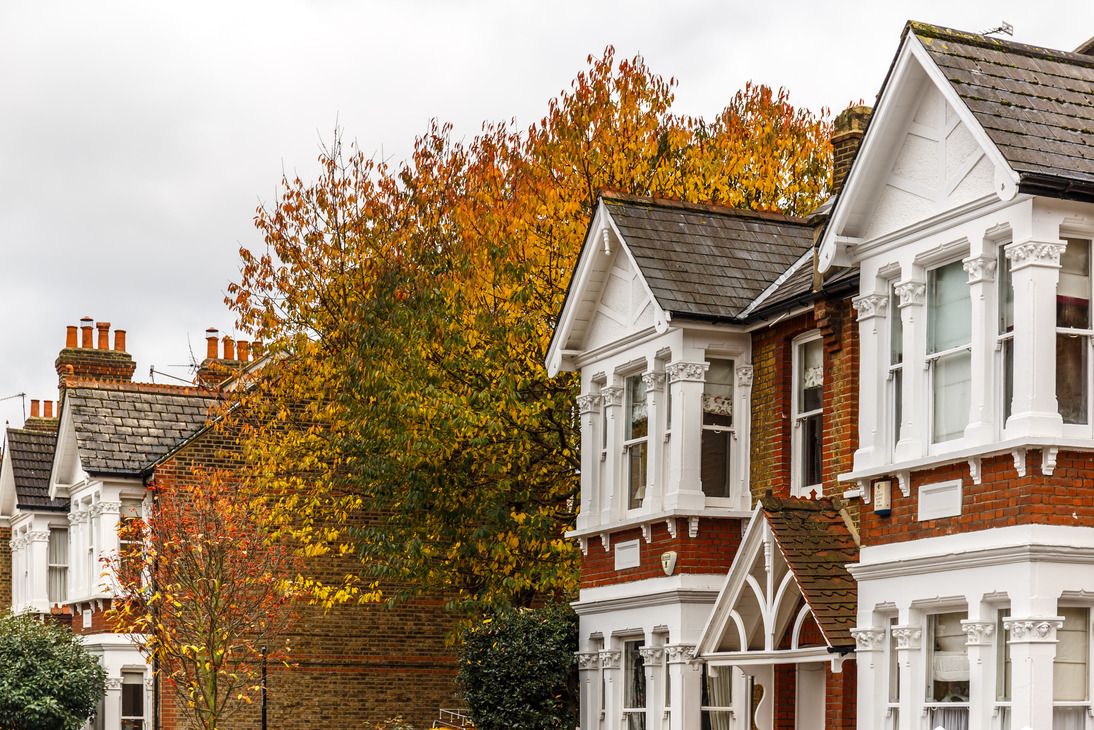
Conveyancing disbursements are payments or taxes that need to be made to a third party by your solicitor on your behalf as part of the home-buying process. The disbursements will be clearly set out in a quote issued by your conveyancing solicitor and will be listed alongside your conveyancer’s legal fees. The disbursements will then later be added to your bill for you to reimburse them.
You will be required to pay disbursements when both buying and selling property; however, you will have to pay more when buying a property. Additional disbursements may also be required depending on the complexity of the property or if you’re buying a leasehold or Help to Buy property.
1 – Stamp Duty Land Tax
Stamp duty is a tax you may have to pay to HRMC if you buy a residential property in England or Northern Ireland over a certain threshold and has to be paid within 14 days of purchasing a house.
The amount of stamp duty you pay depends on the individual property. The current threshold for residential properties is £125,000.
2 – HM Land Registry Fees
Every land and property transaction in England must be registered with the HM Land Registry. The government have put a cost in place for registering a change in ownership of a property. Again, this fee depends on the value of the property or the mortgage attached to it.
The fees are as follows:
3 – Chancel Indemnity Insurance
A chancel liability search will be carried out to ensure that the home you’re purchasing isn’t subject to paying for the upkeep and repairs of the local church.
If the property is found to be responsible for paying for repairs to the local parish church, the repair bills can cost hundreds of thousands of pounds.
The search itself will cost £15 and £20.
4 – Local Authority Searches
A local authority search is one of the main searches carried out when buying a house and will take place at the start of the process. This will tell you if the property is in a conservation area, if it’s in need of an improvement or renovation grant, and if it’s impacted by tree preservation or smoke control orders, all of which could make things more difficult or expensive if you wanted to make changes to the property.
Local authority searches can cost between £50 and £250 depending on the council.
5 – Water and Drainage Search
A water and drainage search is completed in conjunction with your local water provider. It confirms whether the property’s sewers, drains and piping are all the water supplier’s responsibility.
The water and drainage search also highlights the presence of public drains on your property.
These searches typically cost between £50 and £100.
6 – Environmental Search
This search is carried out through a specialist environment agency. It flags whether the previous land use on and around the property poses environmental risks.
Environmental searches can warn you of the risk of problems that can be very expensive to fix, such as major underpinning works to deal with subsidence.
Environmental searches are usually in the region of £50. Conveyancers can also offer search packages that cost between £200 and £450 based on location. To learn more about searches, read our guide on What are Conveyancing Searches?
7 – Bankruptcy search
Your solicitor will need to carry out a bankruptcy search on each person on the mortgage to ensure nobody named on the contract has been declared bankrupt.
This costs between £2 and £4.
8 – Land Registry Search
Your conveyancer will need to carry out a pre-completion Land Registry search to check that the seller legally owns the property that you are buying from them.
The cost of this is between £4 and £8.
9 – Bank Transfer Fee
This is the charge by your bank to cover the cost of sending your deposit money to the seller’s solicitor.
This costs between £20 and £45 plus VAT.
1 – Land registry document fee
Your conveyancer will need to obtain Land Registry documents to prove that you are the official owner. These documents consist of a property register and a plan of the property.
This costs £6.
2 – Bank transfer fee
When you sell your house, your conveyancer will pay off your existing mortgage on the completion of the sale. They will also need to transfer any net proceeds of sale due to you.
This covers the costs required to process this payment and is usually £25-£45.
Some disbursements will be payable during the conveyancing process, whereas others will be paid at the end, for example, legal fees and stamp duty.
In regards to conveyancing searches, the relevant authorities and council require payment before they begin the searches, so it is to be expected that these disbursements are paid upfront.
Your conveyancer will tell you when and how much you are required to pay in disbursements.
To learn more about disbursements and whether there are any additional ones you may have to pay, don’t hesitate to get in touch or get a free quote.

© 2024 Muve UK. All Rights Reserved.